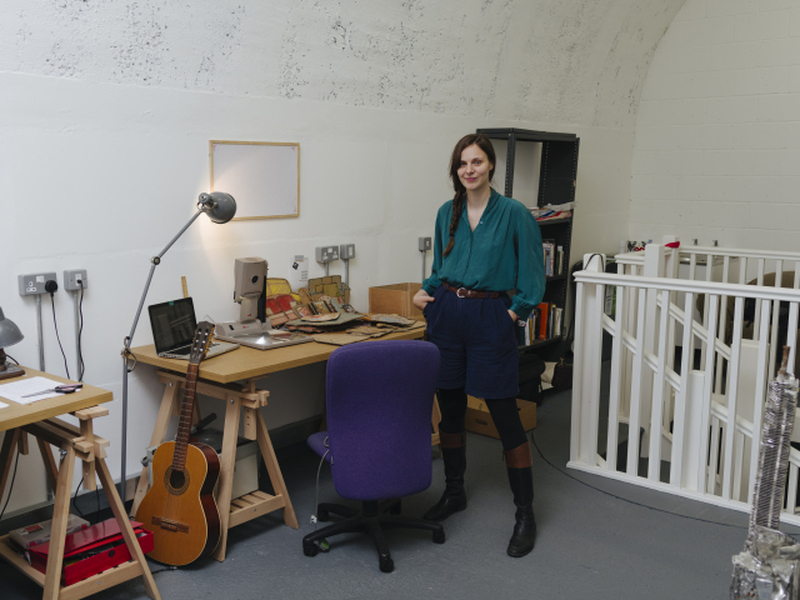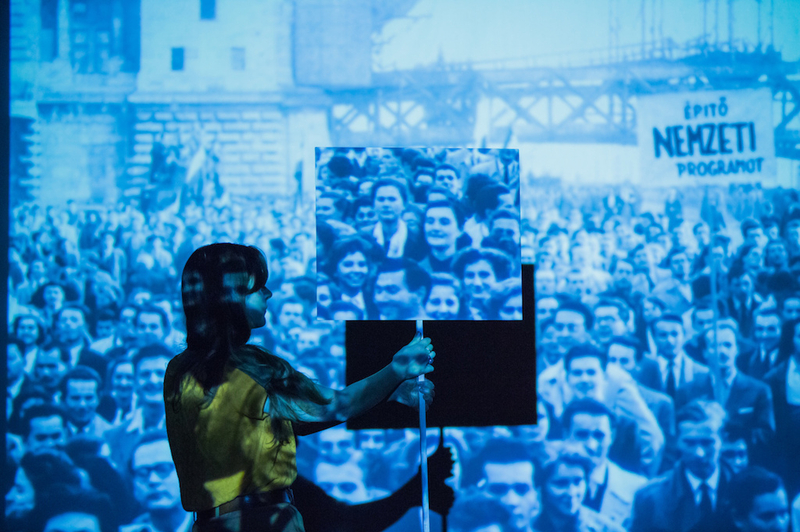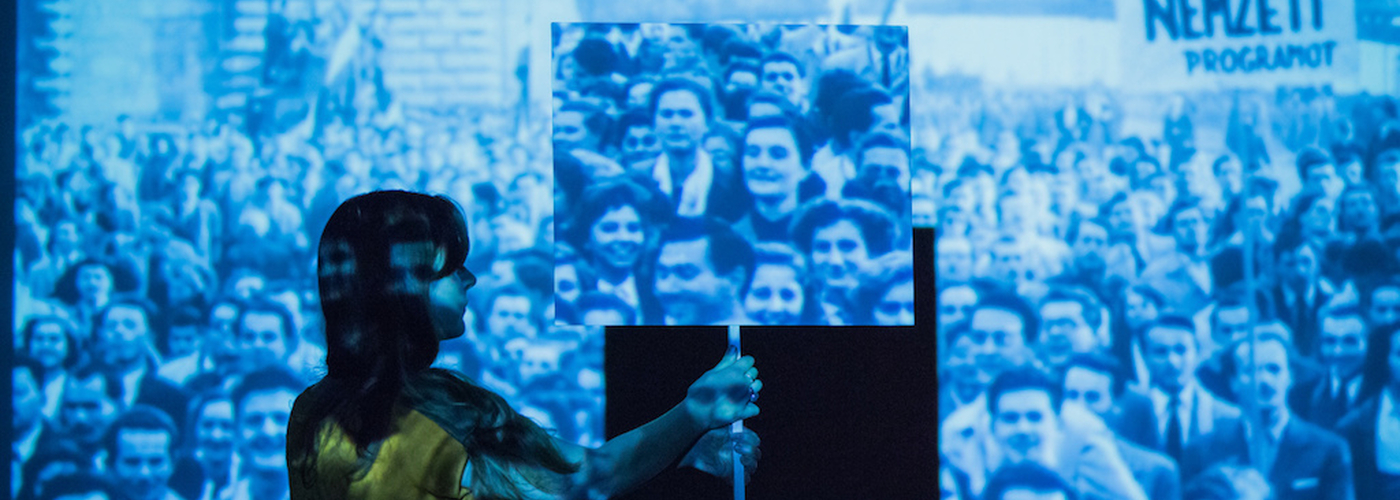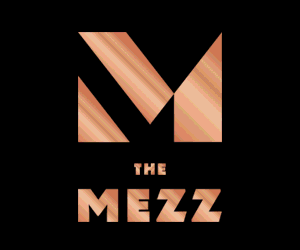Andrea Sandor speaks to Deborah Pearson about her experimental theatre piece, showing live at the Lowry on 13 June
Even her grandmother thought Deborah Pearson should give up and move onto another project. “Nobody cares about Hungary,” the emigre told her Canadian granddaughter. “Hungarians have tried to make so many films. They are always a failure.”
I’m on the phone with Deborah and laughing because, not only are these fatalistic sentiments so stereotypically Hungarian, but Deborah’s impression of her grandmother’s accent is spot on. Despite not speaking Hungarian herself, Deborah is intimately connected to the secret language spoken at home between her mother and grandmother. Perhaps that’s why Deborah wouldn’t give up on this project, a second generation love letter to the maternal line of her family.
History History History is a live documentary about a Hungarian comedy about football. The film was scheduled to premiere at the Corvin cinema in late October 1956; instead, the Hungarian revolution broke out, the cinema becoming a stronghold against the Russians. The film was finally released over a year later, with substantial revisions, but by that time its screenwriter and others involved with the film had fled into exile in the West. Deborah loosely translates what’s happening on screen while also sharing the story of the film itself and the fates of those who left the country after the revolution failed.

I have a personal interest in the show: my father was a 1956 freedom fighter who had to leave Hungary and make a life for himself abroad. When he and other Hungarian students were airlifted to Oxford and placed in homes with English families, he barely spoke a word of English. I’ve listened to my father talk about 1956 and have spent a great deal of time in Hungary, but I grew up in the States, in a completely different context. I still struggle to relate to the events that shaped his life and imagine what it was like for him. So I’m intrigued to find out how Deborah created a show, centred on 1956 and its aftermath, which has successfully appealed to audiences in the UK, Norway, France, Spain and Canada.
The answer begins with the film, itself a black and white Hungarian classic that Deborah grew up watching with her mother and grandmother. “It’s a great film, it’s really funny,” she says. In the film, a con man is mistaken for the Hungarian football team’s star player, Ferenc Puskas - widely regarded as one of the best footballers in history. The con man comes face to face with the government’s authoritarian regime, who want to use him for their own propaganda purposes. It’s an accessible comedy that acts as a springboard to explore more serious issues and will particularly appeal to cinephiles.
As Deborah grew older, she began to appreciate the film’s subversive nature. It’s no surprise the film was censored after the uprising. Curious about the history of the film, Deborah tracked down the screenwriter who had fled to France and was one of the first refugees to write about the revolution. It was this encounter that convinced her that her project was bigger and more relevant than she had at first realised. She interviewed others connected to the film and their excerpts are an integral part of the show.
And yet it was difficult to get buy in. Perhaps Deborah’s grandmother was right - who cares about an obscure 1950’s Hungarian comedy and the small country’s revolution? But the young playwright wouldn’t take no for an answer. “It was a labour of love, the project I cared most about,” Deborah says. When the Syrian refugee crisis came to a head, the project took on an added urgency for her, bringing the piece’s universal themes to the fore. Deborah feels strongly about destigmatising refugees and is proud of her home country’s tradition of humanitarian response. Canada took in nearly a fifth of the 200,000 Hungarians who fled after 1956. Today, they’ve received over 25,000 refugees from Syria.
So Deborah persisted. She did her research, applied for grants, assembled a passionate production team, and performed and revised the piece as Works in Progress at festivals throughout Europe. What began as a conventional play in 2008 was finally premiered as a ‘documentary performed live’ eight years later in 2016.

What makes History History History particularly compelling are the human stories at its heart. It’s about those who fled, what they went through, and the next generation trying to relate.
Towards the end of our conversation, Deborah and I talk about 1956 and WWII, the history we’ve learned through books in an attempt to understand what our family members lived through. We’ve poured over old sepia toned family photos of people who never imagined their descendants wouldn’t be Hungarian, strangers in both time and culture. Through the piece, Deborah reveals a surprisingly personal story of her own. She asks me not to give the surprise away though, so you’ll have to attend the show if you want to find out what it is.
History History History is an innovative and playful performance, tackling difficult issues with sensitivity and humour. It explores the bittersweet distance experienced not only by second generation immigrants but by anyone who’s ever wanted to understand their family’s past.
History History History will be performed at The Lowry on Wednesday 13 June as part of WTF Wednesdays, a new series of evenings celebrating cutting edge contemporary theatre. It is a pay-what-you-feel event













